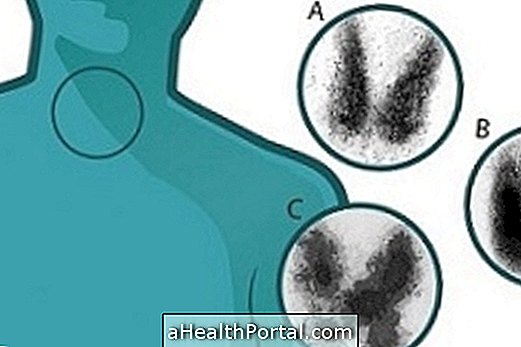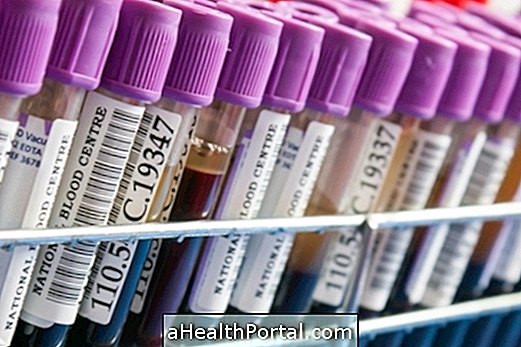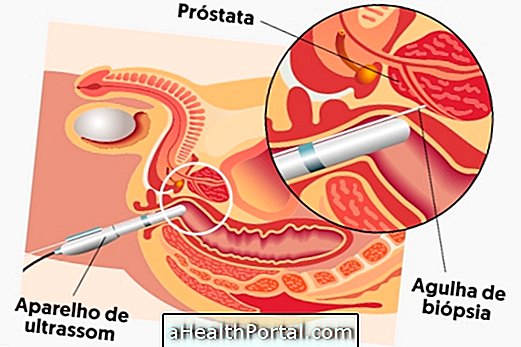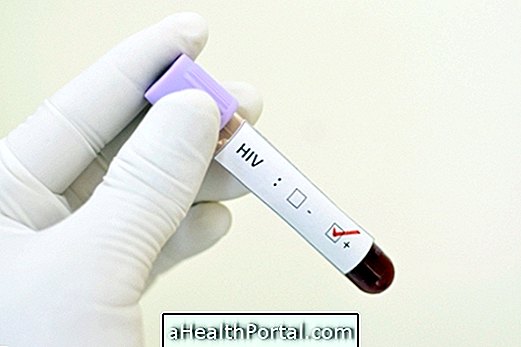Diagnostic hysteroscopy is a type of gynecological examination that aims to visualize the uterus internally to help the doctor diagnose possible lesions, such as polyps or adhesions. Thus, this examination should be performed in the first fortnight of menstruation, because it is when the uterus is not yet preparing to receive a possible pregnancy, facilitating the observation of the lesions.
This test may hurt, but in most cases the woman only reports some discomfort, since it is necessary to insert a thin device, known as a hysteroscope, into the vagina. Diagnostic hysteroscopy is contraindicated in pregnancy if pregnancy and vaginal infection are suspected.
In addition to diagnostic hysteroscopy, there is also a surgical approach in which the doctor uses the same method to correct uterine abnormalities, which have been previously diagnosed through diagnostic hysterectomy or other tests, such as ultrasound or X-ray. Learn more about surgical hysteroscopy.
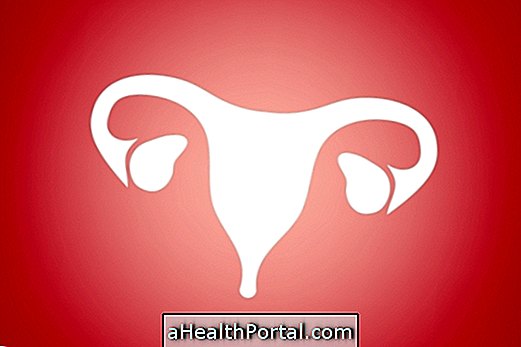
Price and where to take the exam
Diagnostic hysteroscopy can be done in the gynecologist's office, however, there are doctors who prefer to take the exam at the hospital. The price of this exam can vary between 100 and 200 reais.
How is it done?
The diagnostic hysteroscopy is done with the woman in a gynecological position and then the doctor:
- Dilates the uterus using a gas;
- Insert the hysteroscope into the vagina, which is a tube with about 4 mm light and a microcamera at the tip;
- Remove a sample of tissue from the uterus if lesions are found.
When the examination is causing a lot of pain, the doctor may choose to perform it with sedation, in which a light anesthetic is used so the woman does not feel the discomfort caused by the examination.
How to prepare
The preparation of the diagnostic hysteroscopy consists of having no intimate contact 72 hours before the examination and taking a Feldene or Buscopan tablet about 30 minutes before the time of the examination to decrease the pain.
When it is requested
Diagnostic hysteroscopy is usually ordered by the gynecologist when there is abnormal bleeding, infertility, infertility, repeated abortions, uterine malformation or uterine surgery control, helping to diagnose possible lesions that may be causing these symptoms.
